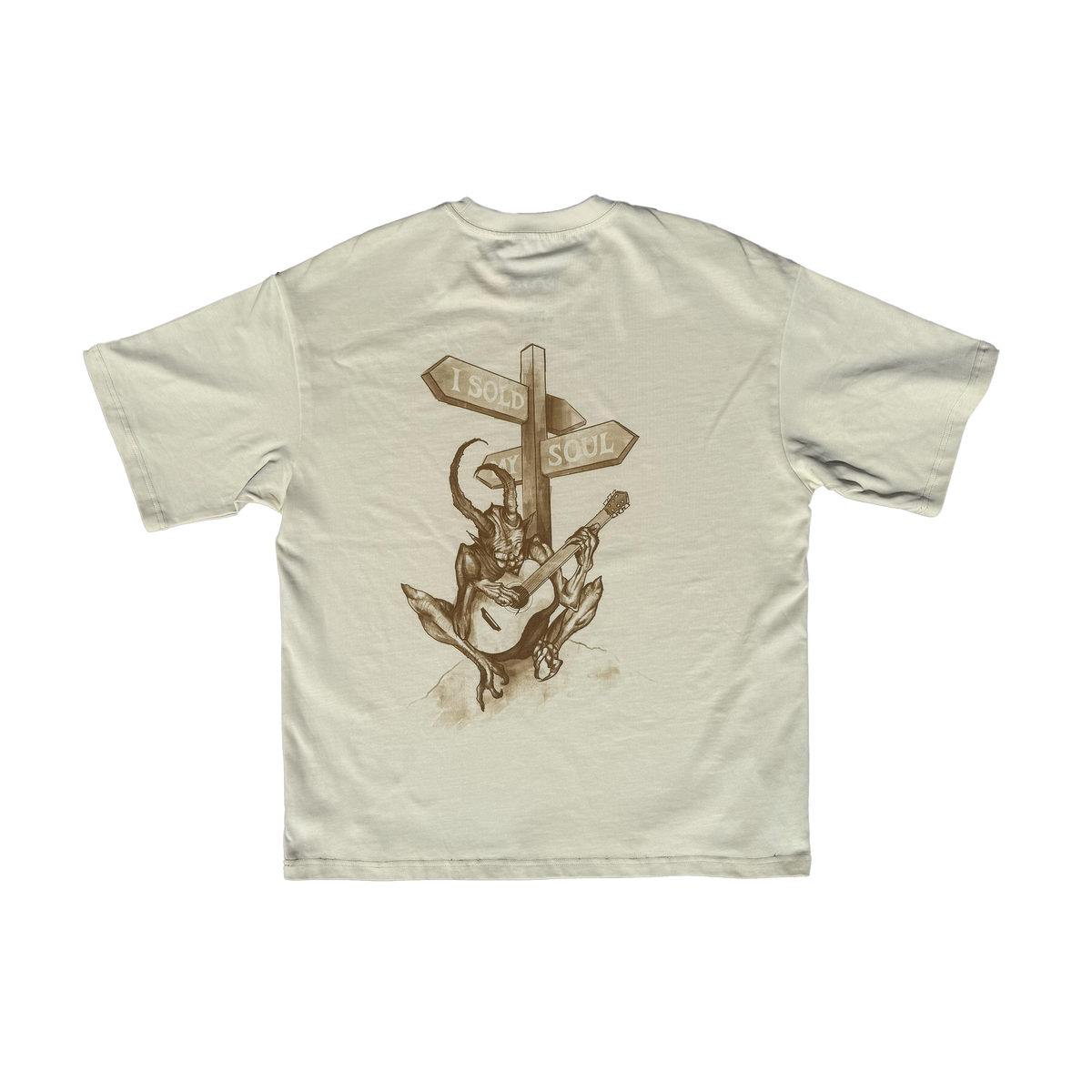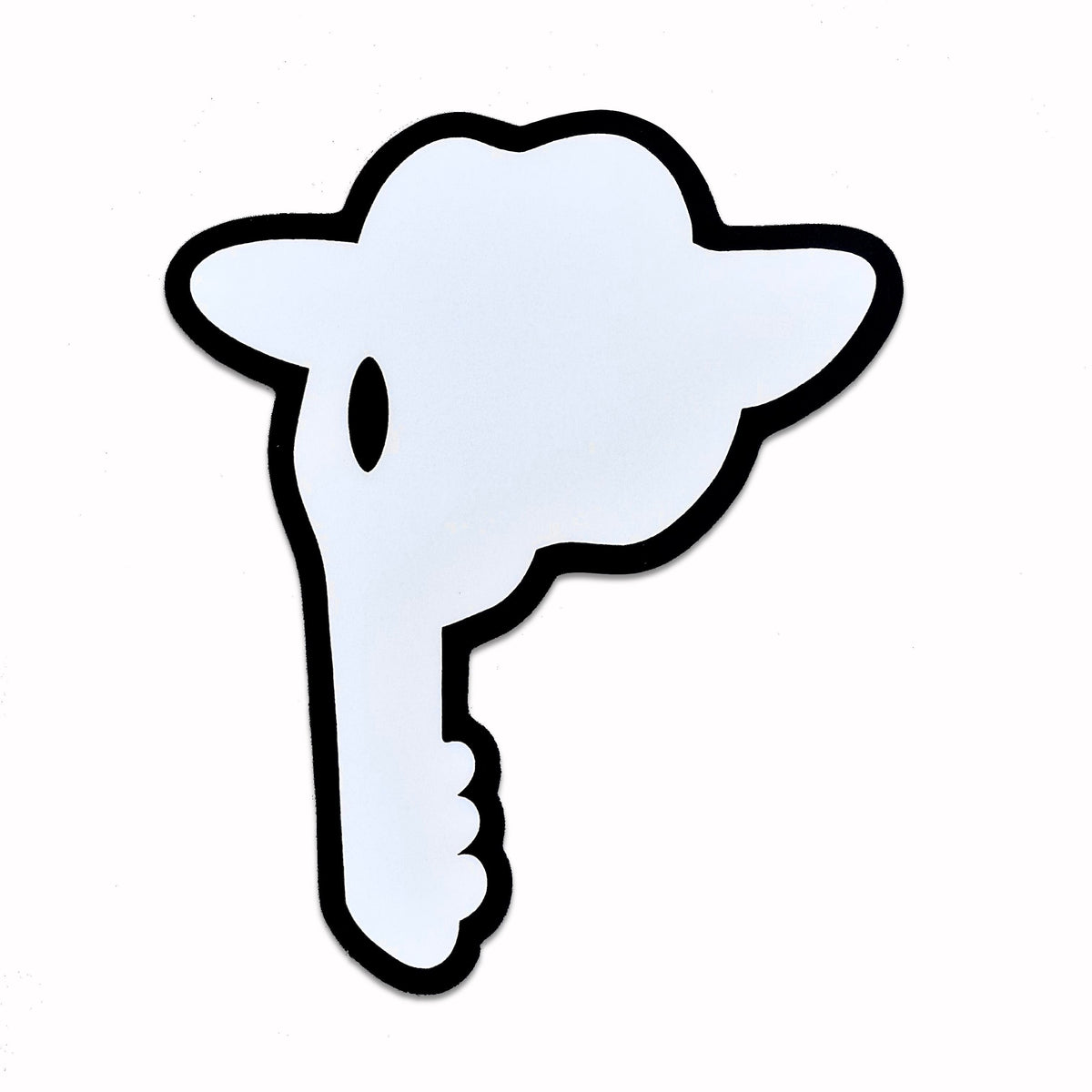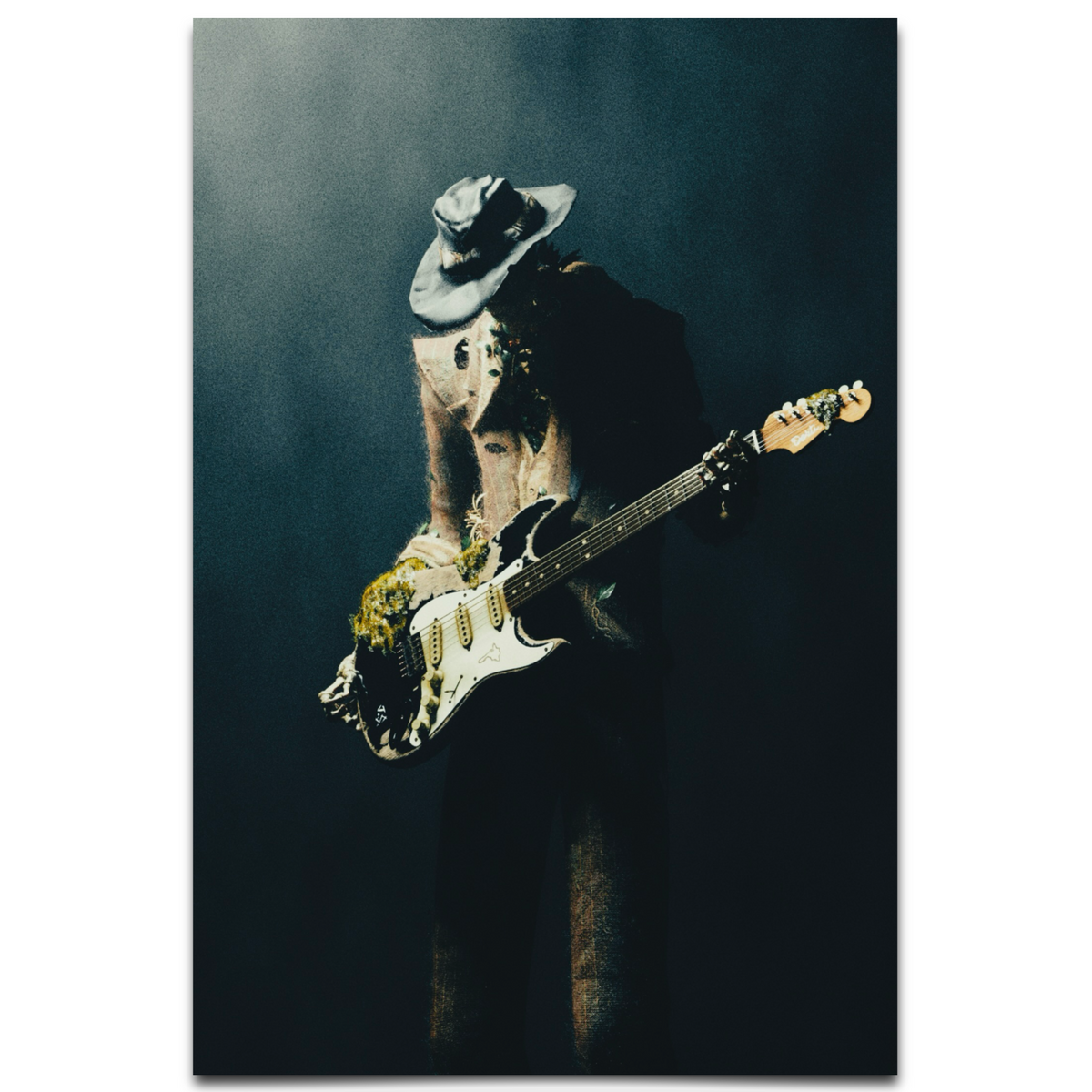Choosing the right guitar as a beginner can feel overwhelming with so many options out there. The "best" guitar for a beginner depends on factors like budget, comfort, and the style of music you want to play. However, there are a few key characteristics and models that consistently stand out for new players. In this post, we’ll break down what to look for and recommend a few beginner-friendly guitars to help you start your musical journey.
What to Look for in a Beginner Guitar
- Playability: A guitar with a comfortable neck and low action (the distance between strings and fretboard) is easier to play, especially for new fingers learning chords.
- Size: Full-size guitars can be cumbersome for younger players or those with smaller hands. Consider a 3/4-size guitar if comfort is an issue.
- Budget: You don’t need to spend a fortune, but avoid the cheapest options as they often have poor sound and playability. Aim for a range of $100–$300 for a solid starter instrument.
- Acoustic vs. Electric: Acoustic guitars are great for portability and don’t require extra gear like amps. Electric guitars are easier on the fingers due to lighter strings but need additional equipment.
Top Beginner Guitar Recommendations
Here are a few widely recommended guitars that balance quality, price, and ease of use:
- Yamaha FG800 (Acoustic): Priced around $200, this guitar offers excellent sound quality and a comfortable neck. Yamaha is known for reliable beginner instruments, and the FG800 is a favorite for folk, country, and pop styles.
- Squier by Fender Stratocaster (Electric): For about $150–$200, this is a fantastic entry into electric guitars. It’s versatile for rock, blues, and indie, with a slim neck that’s kind to beginner hands. Pair it with a small practice amp.
- Rogue RA-090 (Acoustic Budget Option): At under $100, this guitar is a solid pick if you’re on a tight budget. While it’s not as refined as pricier models, it’s playable and great for casual learning.
Final Tips for Choosing
Before buying, try out a few guitars in person if possible. Head to a local music store to see what feels right in your hands—comfort is key when you’re just starting. If you’re buying online, check return policies in case the guitar doesn’t meet your expectations. Also, consider getting a starter kit that includes accessories like a tuner, picks, and a strap to save time and money.
Ultimately, the best guitar for a beginner is one that inspires you to keep playing. Start with a reliable, affordable option like the ones above, and as your skills grow, you can upgrade to something more specialized. Happy strumming!
























